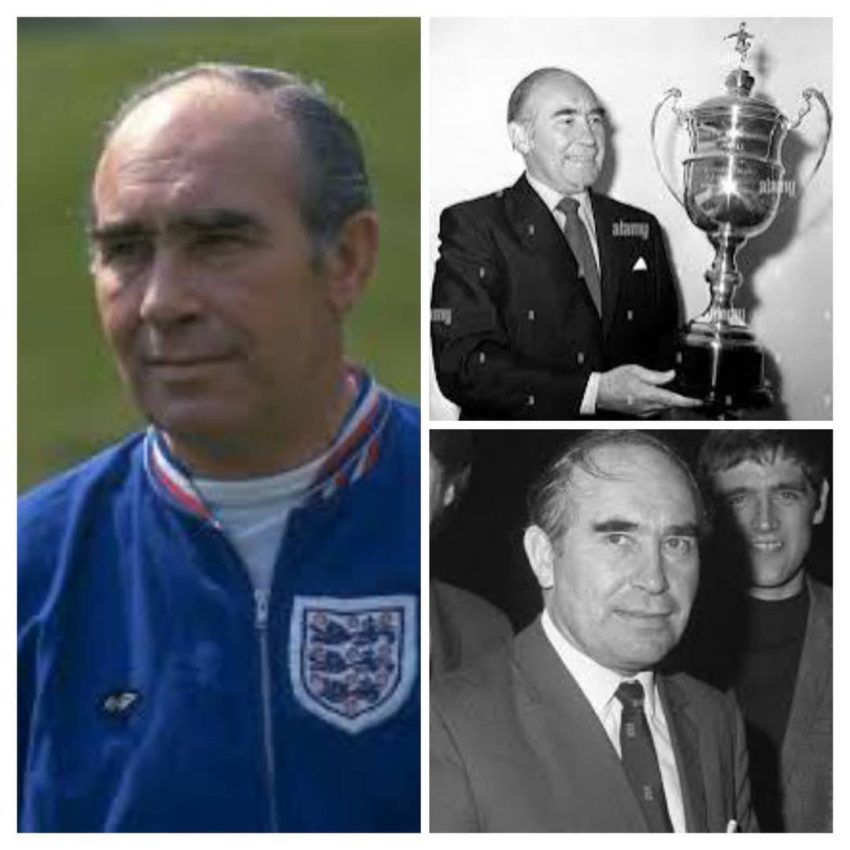In the cathedral of English football, where legends are carved into history with roars of celebration and echoes of past glories, one name remains strangely subdued—Sir Alf Ramsey. Though he orchestrated England’s only World Cup victory in 1966 and etched his name into sporting eternity, the man behind the Three Lions’ most historic triumph has faded into the background of modern memory. But make no mistake: without Sir Alf Ramsey, there is no golden star stitched above England’s crest. There is no Wembley glory. There is no national legacy to protect.
Ramsey’s story is one of tactical genius and personal sacrifice. He was not a man of theatrics or grandstanding. He didn’t need to be. A former right back with a sharp football mind, Ramsey saw the game not for what it was, but for what it could be. He revolutionized England’s approach with what was famously dubbed the “Wingless Wonders” formation—an innovation met with criticism at the time but ultimately delivered the most coveted prize in world football.
In 1966, when the world turned its eyes to England, Ramsey turned a group of skilled but inconsistent players into disciplined warriors. He guided them with authority, with clarity, and most importantly, with belief. England’s victory was not just about talent. It was about cohesion, about outthinking and outworking opponents. That was Ramsey’s blueprint.
But glory has a price, and Ramsey paid it. He was unceremoniously sacked in 1974, just eight years after giving England its greatest sporting moment. There was no farewell parade, no grand send-off. Just silence. And over the decades, the silence grew louder. New heroes came and went. Managers rose and fell. Yet somehow, the man who delivered England’s finest hour never received the unshakable reverence he deserved.
In a sport that loves drama and adoration, Ramsey remained quiet. Stoic. Loyal. While others chased headlines, he chased excellence. And when it was over, he never demanded credit. But perhaps now, in an era of hyper-analysis and quick judgments, football fans and historians alike are finally revisiting the legacy of Sir Alf Ramsey not just as a man who won, but as a man who sacrificed everything to make others win.
Today, as England chases another elusive international trophy, it is Sir Alf’s shadow that still looms over every squad announcement, every manager’s plan, every dream of a new summer of glory. It is time the nation truly recognized him—not just as a past hero, but as the foundation upon which the modern game was built.
Sir Alf Ramsey was not forgotten by history. He was overlooked by the noise. But his legacy, quiet and immovable, remains the beating heart of England’s football soul.
